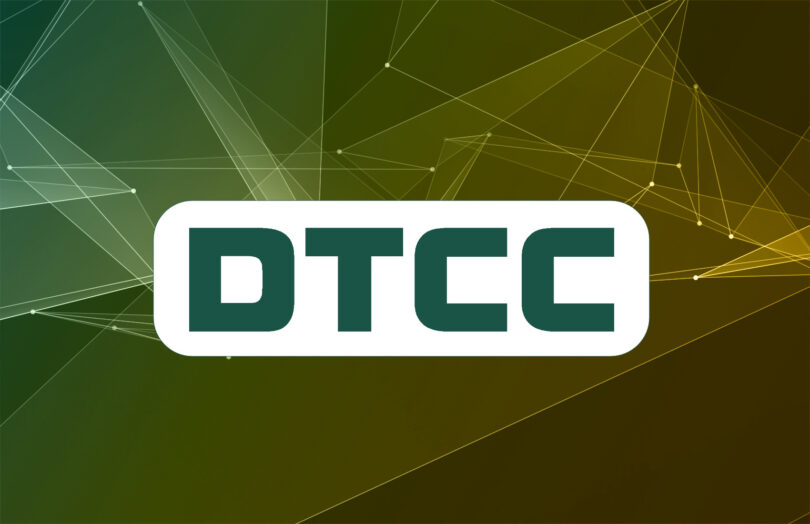The DTCC plans to expand its work in the digital assets field during 2025. In late 2023 the DTCC acquired Securrency, a firm that developed institutional DLT-based infrastructure, which became DTCC Digital Assets. At the end of last year it unveiled the DTCC Digital Launchpad, a sandbox in which industry can experiment.
“DTCC will continue to serve as a strategic partner to the industry by advancing acceptance and adoption of digital assets, focusing on opportunities to tokenize collateral and funds, and leveraging our existing clearing and settlement capabilities to facilitate the listing of digital funds on exchanges as well as secondary trading,” said Frank La Salla, President and CEO of DTCC.
The mention of collateral and funds references some of the progress so far. Before its acquisition, Securrency’s trophy client was WisdomTree, the asset manager that now lets you pay for a coffee using a tokenized money market fund. WisdomTree continues to use DTCC Digital Assets technology post acquisition.
JSCC digital asset collateral
On the collateral front, one of the first users of the Digital Launchpad has been the Japan Securities Clearing Corporation (JSCC), which experimented with tokenizing cash, stocks and bonds for margin calls. The aim is to use smart contracts and shared ledgers to address today’s inefficiencies.
When a buy side client is required to provide margin, they don’t pass the assets straight to the central counterparty (CCP) as they don’t have a direct relationship. Instead the assets go via a sell side bank, which acts as a clearinghouse and passes it onto the central counterparty (CCP). Currently, this relay approach requires two sets of workflows. Instead, the JSCC proof of concept (PoC) involved shared applications and smart contracts enabling straight through processing.
Another example of sharing relates to the ongoing revaluation of collateral. Instead of the buy and sell sides each working with their own systems, a single, trusted source (an oracle node) provides real-time data, ensuring consistency, especially during market volatility.
However, not all data is appropriate for sharing, so resolving privacy issues is an important next step. Typically clearing houses use omnibus accounts which means the CCP doesn’t know the breakdown of owners in the omnibus accounts. During the JSCC PoC, the CCP had access to all the omnibus account data, which is something that would need addressing.
Meanwhile, one of the key benefits of DLT is atomic settlement. This makes it easier for institutions to quickly swap out the collateral currently being used for margin calls.
Looking forward
Meanwhile, in late 2023 the big three CCPs – Clearstream, DTCC and Euroclear – made the case that they should lead the digital transition and help address the increasing fragmentation in the space. We explored the pros and cons. They followed that up in 2024 with a joint digital assets framework.
“In 2025, we will continue to focus on establishing the digital market infrastructure of the future, showcasing how we can deliver the same efficiencies for digital assets as we do in traditional markets today, while also ensuring smooth market operation, transparency and liquidity,” said Nadine Chakar, Global Head of DTCC Digital Assets.
One area we’re watching with interest is the DTCC’s involvement with Fnality, the institutional settlement solution that uses shared central bank deposits. Will the Trump administration influence the approval of Fnality or something similar in the United States? And will the availability of superior tokenized cash spur greater institutional adoption of tokenization? The recent Eurosystem DLT settlement trials certainly triggered activity in Europe.






